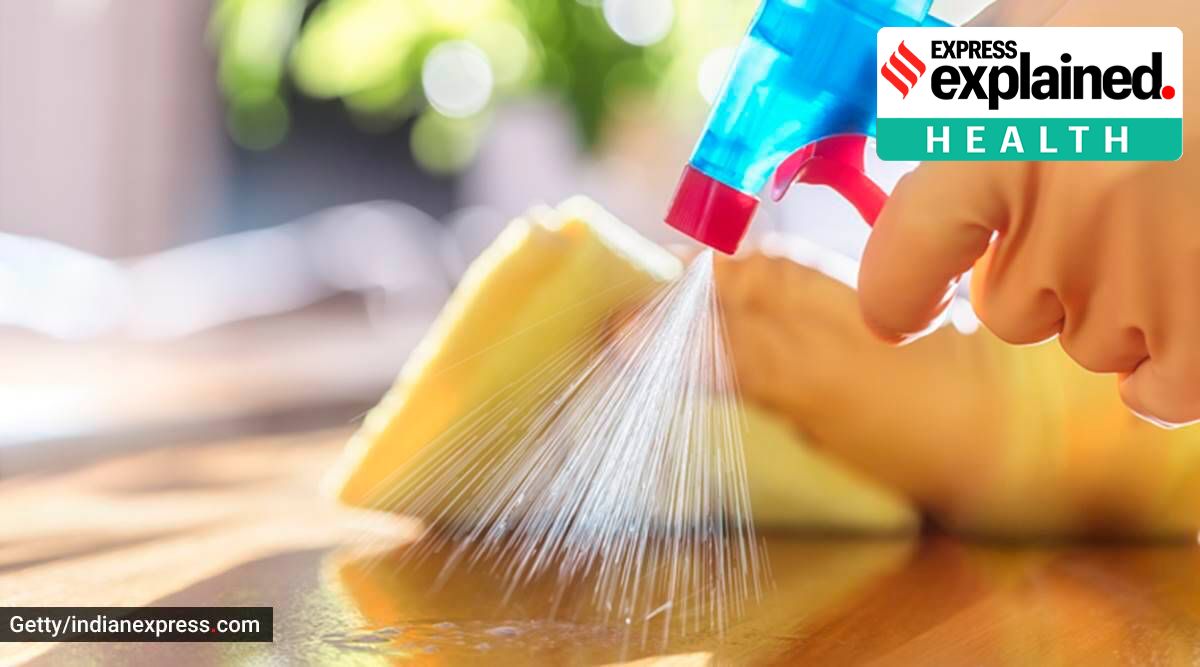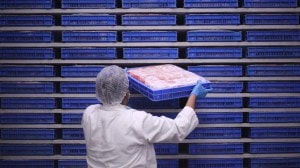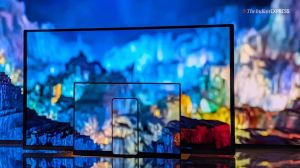New research: A new spray coating to protect surfaces from viruses, bacteria
The sprayable coating "can prevent the surface spread of infection from bacteria and viruses, including Covid-19, over a sustained period", the University of Sydney said in a press release.
 The study said the coatings “register an 11-fold decrease in viral contamination compared to the noncoated surfaces”. (Representational Image)
The study said the coatings “register an 11-fold decrease in viral contamination compared to the noncoated surfaces”. (Representational Image)At the beginning of the pandemic, before it became widely accepted that respiratory particles are the primary mode of transmission of Covid-19, the focus was on transmission via contact with surfaces. The disinfectants used to guard against that have become less effective, according to a new study in Advanced Science.
The study describes an alternative: a sprayable coating. This “can prevent the surface spread of infection from bacteria and viruses, including Covid-19, over a sustained period”, the University of Sydney said in a press release. It said the coating is also safer than existing alternatives to disinfectant, with no harmful side effects.
The study said the coatings “register an 11-fold decrease in viral contamination compared to the noncoated surfaces”.
The spray works in two ways: repelling viruses and bacteria through an air-filled barrier, and killing pathogens through microscopic materials if the layer becomes damaged or submerged for extended periods. It uses a combination of plastics.
“The coating provides a reliable alternative to standard disinfectants, which are becoming less effective and require regular reapplication, and is the only permanent surface layer proven to protect surfaces from contamination by viruses,” the release said.
The coating can be applied to surfaces in public settings such as lift buttons, stair rails, surfaces in hospitals, nursing homes, schools and restaurants, it said.
“Like a lotus leaf, the surface spray creates a coating that repels water. Because the pathogens like to be in water, they remain trapped in the droplets and the surface is protected from contamination. If this mechanism fails, a secondary burst of ions is triggered by carefully designed nanomaterials dispersed in the coating,” the release quoted co-lead author Antonio Tricoli as saying.
- 01
- 02
- 03
- 04
- 05






































